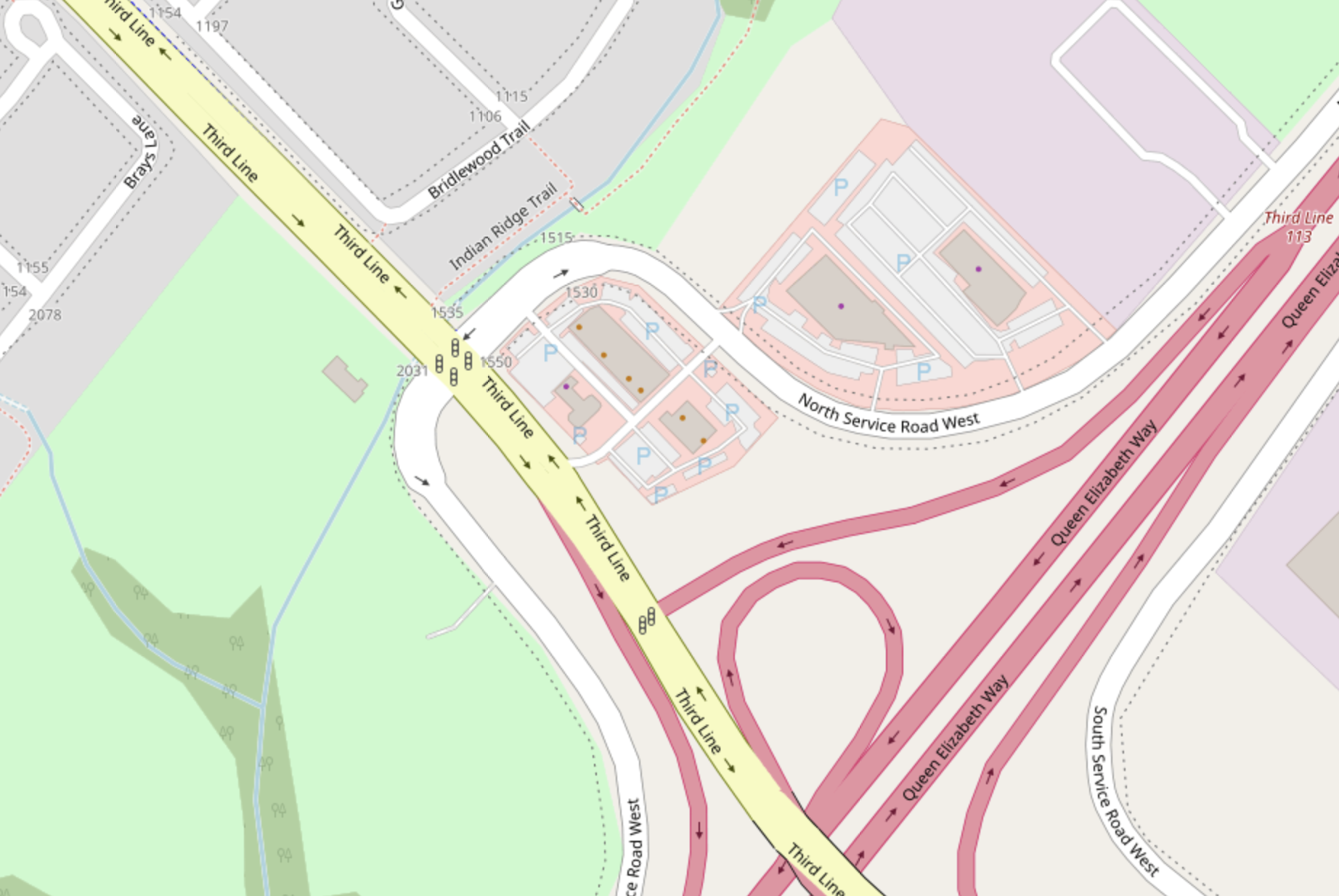
A meeting was set between two men on Wednesday, Apr. 26, around 8 p.m. in the evening, regarding the sale of a used 2016 Lexus IS 200t. The car was listed on Facebook Marketplace.
Both men met in person, and the buyer paid the seller $18,000 before both of them went for a drive.
The seller eventually stopped the car at a plaza on the intersection of North Service Road and Third Line to change the plates.
When the buyer also left the vehicle, the seller jumped back into the car and took off.
A description of the suspect is not available.
In the event that you’re in the market for a used vehicle, Halton Regional Police Service’s (HRPS) tips might help you stay safe.
Firstly, the HRPS has established a Buy & Sell Exchange Zone to “provide some additional peace of mind to those who are buying, selling, or trading property online.” The zone is located at the visitor parking lot of 20 Division, on 95 Oak Walk Drive.
If you cannot meet at the Buy & Sell Exchange Zone, HRPS suggests that you consider completing your transactions in well-lit, public and popular locations to avoid being a victim of crime.
Many used vehicles being sold have also been “Re-vinned”.
“Re-vinning” is the act of changing the Vehicle Identification Number (VIN) of a stolen vehicle to a fraudulently fabricated number, concealing the fact the vehicle is stolen.
The Auto Theft Task Force of the HRPS has recovered 18 “Re-vinned” vehicles sold to unsuspecting buyers as legitimate.
Here are some tips to help you practice due diligence when purchasing a used vehicle through a private sale:
- Confirm the seller’s identity. Check the individual’s identification and proof of ownership.
- Avoid cash purchases. Issue a cheque to the registered owner.
- Get the vehicle inspected by a trusted mechanic or manufacturer’s dealership before purchase. A “Re-Vinned” vehicle can be detected through inspection programs.
- Do your research. Order a vehicle history report before purchasing.
- Don’t avoid taxes. Request a receipt that includes the seller’s information.
- Carefully review the Used Vehicle Information Package (UVIP) – the seller must provide it (also ensure all pages are provided).
- Ask questions. How long was the vehicle owned? Are there maintenance records? Why are you selling?
- Complete your transaction during daytime hours only.
- Use the buddy system when possible. Bring a family or friend with you, or at the very least, let someone know who you will be meeting, the time, and the location of the exchange.
- To reduce the potential of falling victim to fraud, never complete a buy-and-sell transaction by mail.
- When meeting in person, always inspect the goods you wish to purchase before giving money to the seller.
- Limit the amount of personal information you provide.
- Do not let anyone else register the vehicle for you.
- Consider the price if the deal is too good to be true. It probably is.